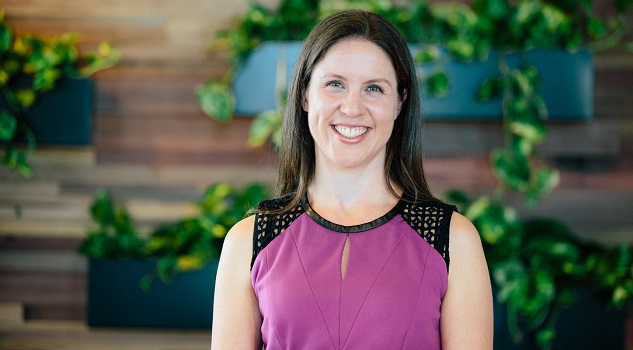If you run a small business, you may be starting the new financial year thinking to yourself that your finance and reporting processes are going to be a whole lot better in 12 months’ time, when you get around to finding time to sort things out. However, based on my recent conversations with two industry influencers, it’s clear that you need to set yourself up for success from the outset. And, key ingredients include creating an action plan, being accountable, and finding the right accountant or bookkeeper.
I’m pleased to share three top tips, taken from my conversations with these influencers, to help you get your finances in order for this tax year. You may be surprised at their simplicity, although our small-business customers also tell me time and again that taking small steps to improve their financial fitness, has had a profound impact on their business overall.
Don’t budget alone
As a small-business owner or sole trader, budgeting, planning and running the numbers for the new financial year takes time and energy, and can distract you from your clients or customers. Lielette Calleja, business cloud accounting advisor and founder of All That Counts, recommends all small businesses visit their accountant and work hand-in-hand to plan the year ahead.
“Don’t do it alone,” Lielette says. “By budgeting for help from your accountant, you’re budgeting for clarity. You’ll feel much more confident in the year ahead. Besides, whatever you pay your accountant or bookkeeper is tax deductible!”
Move to the cloud
Australians love to live and work through their smartphones, and small business owners are no different. All day, you’re fielding calls and posting about your business on social media. By choosing the right apps, you can add your business finances to this list.
“Moving your finances to the cloud provides the ability to see instantaneous results, on the go,” says Matt Alderton, Founder of BxNetworking & Alderton Enterprises and Business Person of the Year winner at the St George Business Awards.
“Cloud accounting apps such as QuickBooks can show your forecasts, your cashflow, your profit and loss and which invoices are owed – all in real time. If you’re not using cloud accounting, you’re missing out on the big picture of your business.”
Regularly invest in expert advice
Matt also sees consulting with an expert in financial advice as a valuable investment for small businesses to set themselves up for success. “I have a great bookkeeper, and I sit with her weekly and we talk about sales and expenses and what is happening over the coming months. It’s good to have someone else who can provide strategic input into how you manage your finances,” he says.
Lielette, who has 25 years’ experience in bookkeeping and accounting, agrees.
“The right advice can help you understand your market, how you’re spending your time, and identify key opportunities. Many small-business owners are missing out by not having the time to identify what they can improve about their finances, and where their business can grow; the right advisor can do that for you.”
By implementing tips like these for the financial year ahead, you can not only simplify your finances, but take the bite out of reporting season and devote more time to what counts: growing your business.
Nicolette Maury, Vice President and Country Manager, Intuit Australia











